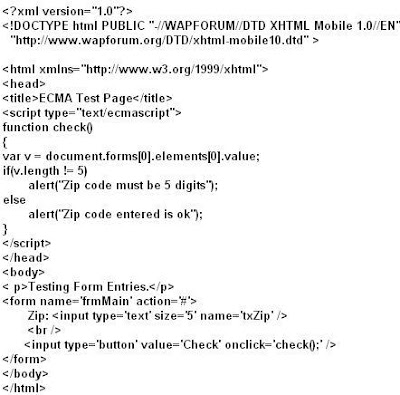on Kings5.com. Read the original post here. Services compared include Frucall, Scanbuy Shopper, Mobsaver, Froogle and Pronto. I cannot agree more with Andrew on the status of mobile shopping sites. Here is an excerpt from his post:
" Barcode-based services such as Frucall Inc. always return the right product – except when they don't return anything, which is often. Enter the barcode from a wine bottle or a cocktail dress, and they'll probably fail."
Barcode based search can be extremely affective for certain types of products like Books, Media (CD's, DVD's etc) and also consumer electronics like cameras, printers etc... but it ends there. Most of the mobile services are mashups and rely on existing shopping engines like Amazon for their data. The type of products mentioned above are tagged in these engines using the UPC values or ISBN numbers and that makes it easy to locate them and provide exact information to the user. There aren't a lot of API's out there that provide access to info on Cocktail dresses... specially since the UPC values for clothes are recycled ever so often. This is where services like LIKE.com could come into the picture. Like a dress at Macy's, snap a pic from your phone and the phone will show u similar dresses in the Marshalls across the street. Another issue plaguing the barcode is the absence of boxes on the store shelves, all u see is the Code 128 barcode on the label identifying the SKU not the UPC of the product. The UPC is almost always missing. So... will mobile shopping eventually make it big... it will.. but there is still a long way to go. The final result would be a combination of barocde, text (keywords) and picture search that would not only provide the user price comparison but complete piece of mind in terms of reviews, specs etc. Another advantage that the mobile shopping service will leverage is location based shopping...



